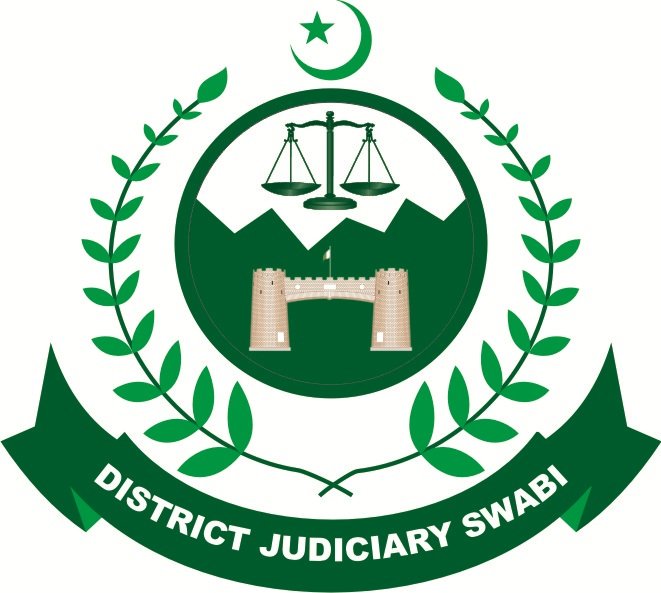
Cleanliness & Beautification of Judical Complex Swabi
June 6, 2024
Schedule of Summer Vacations (District Judiciary Swabi)
July 15, 2024
A Case Flow Management System (CFMS) for judicial work has been designed by the MIS team of the honorable Peshawar High Court Peshawar with a goal to streamline and automate various aspects of the judicial process. The system is an inhouse development and is currently installed and implemented at Headquarters, Tehsil Lahor and Tehsil Topi of the District Judiciary Swabi.
Key components and features of the system include:
Key Components
1. Case Management at District Courts Swabi.
Case Registration: Allows for the electronic filing and registration of cases.
Case Tracking: Monitors the progress of cases from initiation to closure.
Case Scheduling: Manages the scheduling of hearings, trials, and other judicial activities.
Document Management: Handles the storage, retrieval, and management of all case-related documents.
2. Workflow Automation of the Judicial Work at District Judiciary Swabi
Task Management: Automates the assignment and tracking of tasks related to case processing.
Notifications and Alerts: Sends notifications and alerts to relevant parties about upcoming deadlines, hearings, or required actions.
3. Data Management and Analytics:
Data Entry and Validation: Ensures accurate and consistent entry of case-related data.
Reporting and Analytics: Generates reports and analytics on case flow, judicial performance, and other key metrics.
Dashboards: Provides real-time visualization of case statuses, workloads, and other critical information.
4. User Management:
Role-Based Access Control: Ensures that users i.e. Judicial Officers and Paralegal staff of the District Judiciary Swabi have access to appropriate information and functions based on their roles
User Profiles and Permissions: Manages user profiles and their access permissions.
Key Features
1. Calendaring and Scheduling:
Automated scheduling of court hearings and sessions.
Management of judges’ calendars to avoid conflicts.
2. Case Progress Monitoring:
Tracks case progress through various stages.
3. Document Management:
Digital storage and retrieval of case documents.
Supports multiple file formats.
4. Search and Retrieval:
– Advanced search functionality to find cases, documents, and other records quickly.
Implementation Considerations
1. Training and Support:
Under the guidelines of honorable Peshawar High Court Peshawar comprehensive trainings and support for all users have been arranged to ensure effective use of the system. Initially Master trainers were trained by the Development team of the honorable Peshawar High Court Peshawar and thereafter, the training sessions were arranged at District Judiciary Swabi. Separate sessions of trainings were conducted at Headquarters District Courts Swabi, Tehsil Courts at Lahor and Teshil Courts at Topi.
2. Scalability and Flexibility:
The design and development team of the honorable Peshawar High Court Peshawar is ensuring that the system is scalable to accommodate growing caseloads and adaptable to changing legal requirements.
5. Continuous Improvement:
Based on real-time user experience and feedback the development team of the honorable Peshawar High Court Peshawar regularly reviews and updates the system
The effective implementation of such well-designed CFMIS can greatly enhance the efficiency, transparency, and effectiveness of judicial work, benefiting all stakeholders involved in the judicial process.


